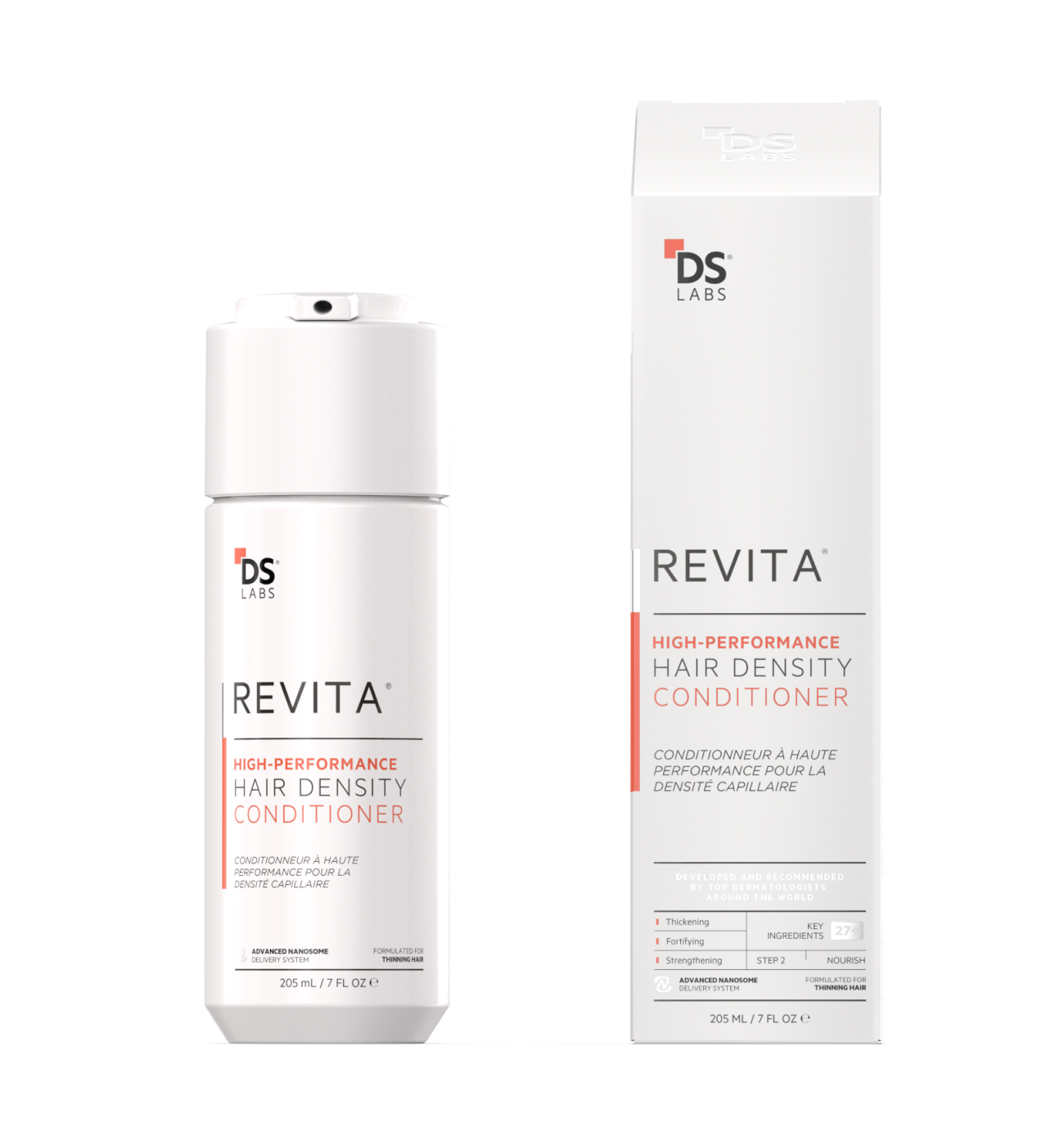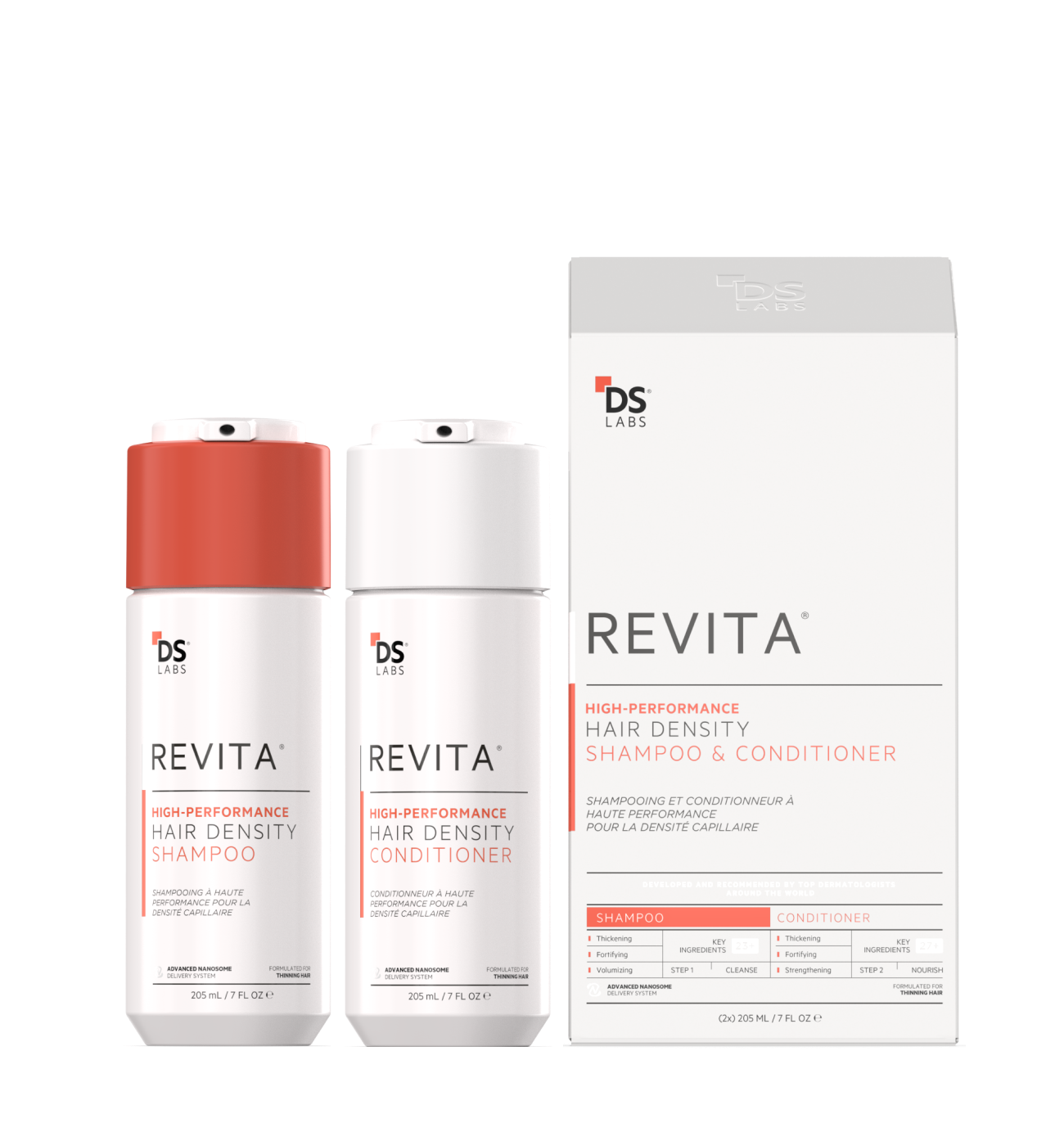Hair growth begins from your follicles which are found on your scalp. So, if you want to have healthy, strong locks, you have to create a healthy scalp environment to optimize hair health — and that includes keeping your scalp moisturized.
But First, Why Does Your Hair Need Moisturization?
Your hair has sebaceous glands, which do the heavy lifting and produce oil for scalp hydration. Factors like age, genetics, hormonal changes, diet, and environmental stressors can cause your sebaceous glands to produce less oil. Hair type and texture also play a role as they determine if the oil reaches the lengths of your hair.
That’s not all.
Using heat-based tools and getting frequent hair treatments can also weaken your hair’s cuticle, which can leave your hair susceptible to moisture loss.
If you don’t moisturize your scalp, it can cause it to become itchy, dry, and flaky. This can compromise the health of your hair follicles and make your hair more prone to breakage, damage, and even lead to hair fall!
As you might guess, moisturizing your scalp is key to keeping your hair healthy. Read on to find out how moisturizing your scalp affects hair health.
Benefits of Moisturizing Your Scalp
The scalp is a type of skin, so it also requires hydration to prevent dryness just like your skin on other parts of the body. Moisturizing can help with that.
It can:
- Rid your scalp of dryness.
- Remove dandruff-causing fungus from your scalp and reduce itchiness while preventing tightness and irritation on your scalp.
- Address dullness and frizz to give you more control over your strands.
- Reduce damage that can be caused by heat styling.
- Increase hair strength, elasticity, and softness.
How to Moisturize Your Scalp as Part of Your Routine
From at-home treatments to moisturizing shampoos, you have plenty of options for hydrating your scalp and keeping it in its prime.
Identify Possible Causes for Your Dry Scalp
Have a dry scalp? You’re likely not getting enough hydration in your strands.
A dry scalp usually comes with flakiness, which can mix with sebum and cause clogged pores. This may affect hair growth and cause inflammation, which can impact your hair health and lead to hair loss over time.
But that’s not the only reason.
A dry scalp can sometimes also mean that you’re having a reaction to certain ingredients in your hair care products. It can also cause seborrheic dermatitis due to yeast overgrowth. So, it's better to err on the side of caution and visit a dermatologist to figure out the root cause.
Choose Products That Improve Scalp Health
You can use a moisturizing shampoo and conditioner to hydrate your scalp, but make sure to avoid products that contain sulfate. Products with sulfate can mess with the delicate scalp microbiome and strip the skin of natural oils, which can be detrimental to your hair’s overall wellness.
If you’re facing hair loss, use shampoos and conditioners with antibacterial and antifungal agents like pyrithione zinc.
You may also want to apply a weekly hair mask to infuse your hair with moisture. Applying aloe vera will work in a pinch, as it forms a protective layer on your scalp to hydrate and repair your strands.
Fight Dryness with Hair Oils or Hair Serums
Use a scalp serum to replenish the lost moisture on the scalp and protect it from environmental elements. You can also use moisturizing oils before shampooing like jojoba, coconut, or tea tree oil.
Both products can give you healthy hair, but serums are the superior choice. This is because oils can clog your pores, making you susceptible to hair and scalp concerns.
PSA: Avoid this step if you have dandruff as it can worsen the problem.
Exfoliate Your Scalp with Astringent Ingredients
Exfoliate your scalp with tea tree oil, apple cider vinegar, or any other astringent ingredient to remove product residue and dead skin build-up. You can massage and leave it on for up to 20 minutes, then rinse it out with warm water for the best results.
Limit exfoliation to once a week or it may irritate your skin. That said, if you have skin conditions like eczema, psoriasis, or sensitive skin, skip this step.
Give Your Scalp a Massage
Give your scalp a massage using your fingers or with a scalp massage brush. You can use chemical or physical exfoliators depending on your scalp needs and concerns. It will not only remove build-up from your scalp and unclog follicles but will also dilate the blood vessels beneath the skin, which can boost circulation and encourage hair growth.
Make Lifestyle Changes
Here’s what you can do to get healthier hair:
- Eat a diet rich in fatty acids and drink plenty of water to hydrate your scalp.
- Take supplements. Your dermatologist can recommend which supplements will be best for you.
- Invest in a humidifier to keep your hair from drying out. This will also help prevent frizziness and split ends.
- Cut back on the products you use. Using multiple products can weigh your hair down, cause irritation to your scalp, and strip it of its natural oils.
The Takeaway
You can tackle dry hair and scalp with proper hydration and lifestyle changes.
If you have a dry scalp, incorporating measures to keep it moist is easy. You only have to switch to products that are favorable for your hair and scalp health. Keep your routine simple by using a few quality products and you should be good to go.













